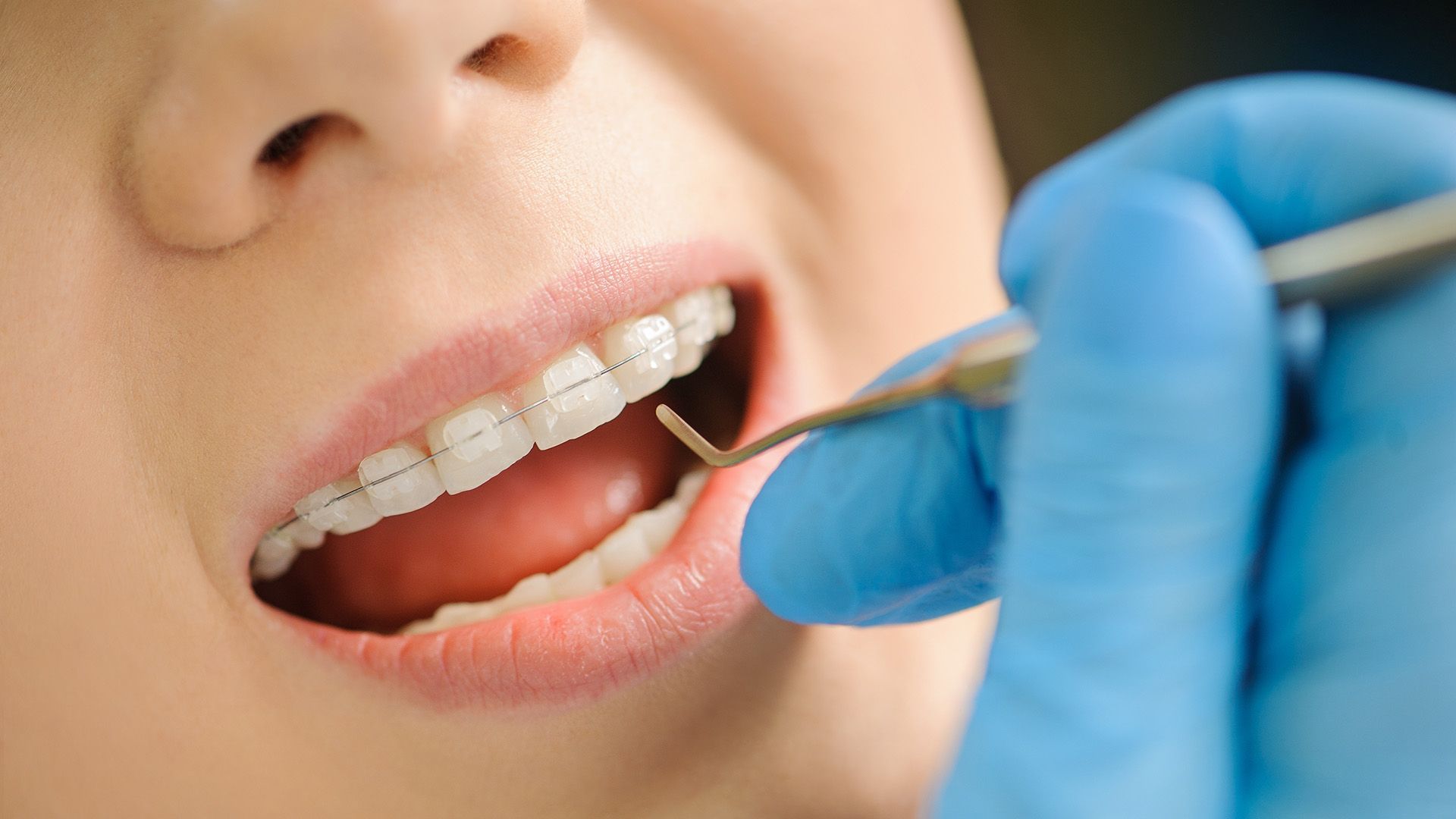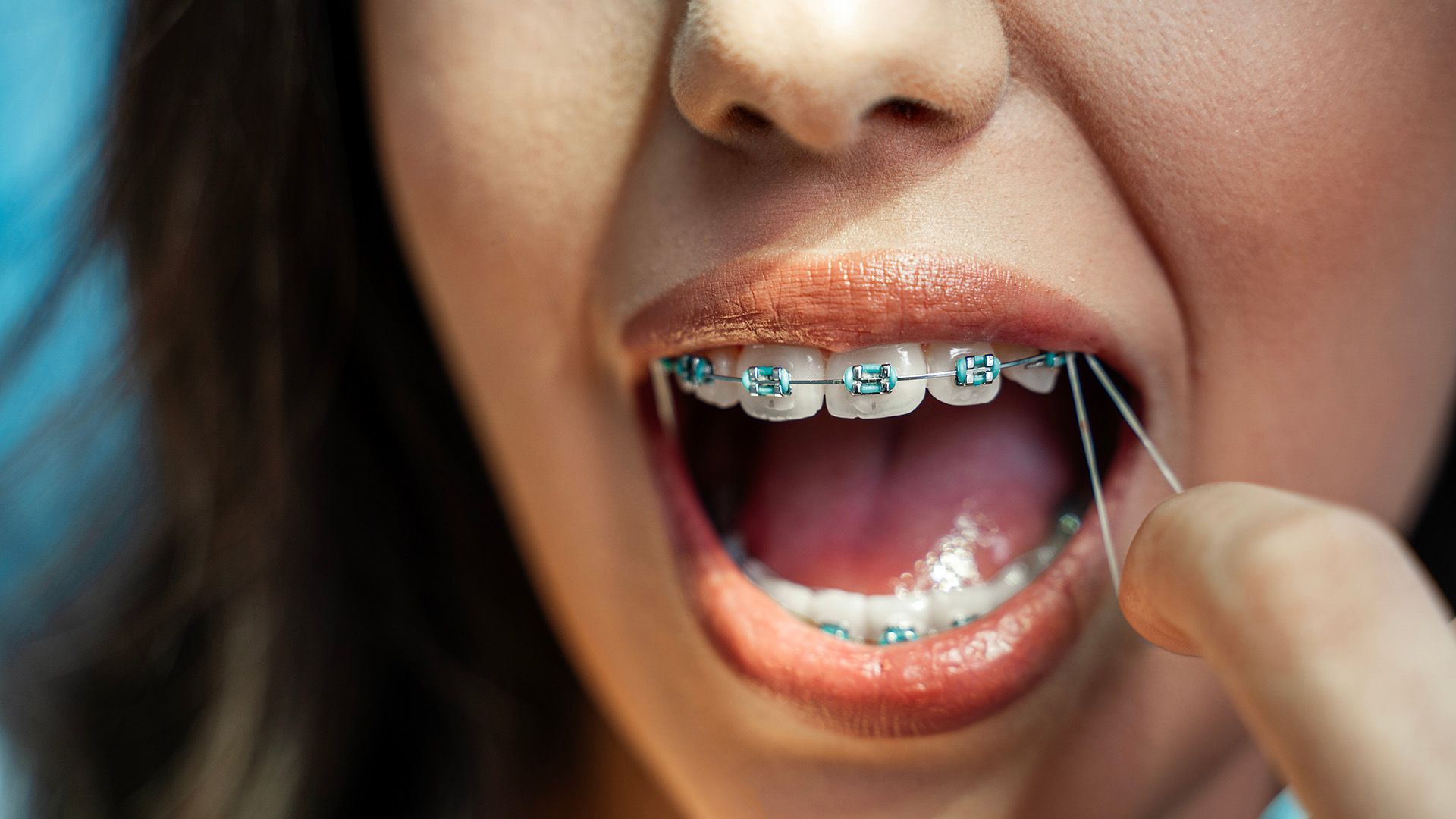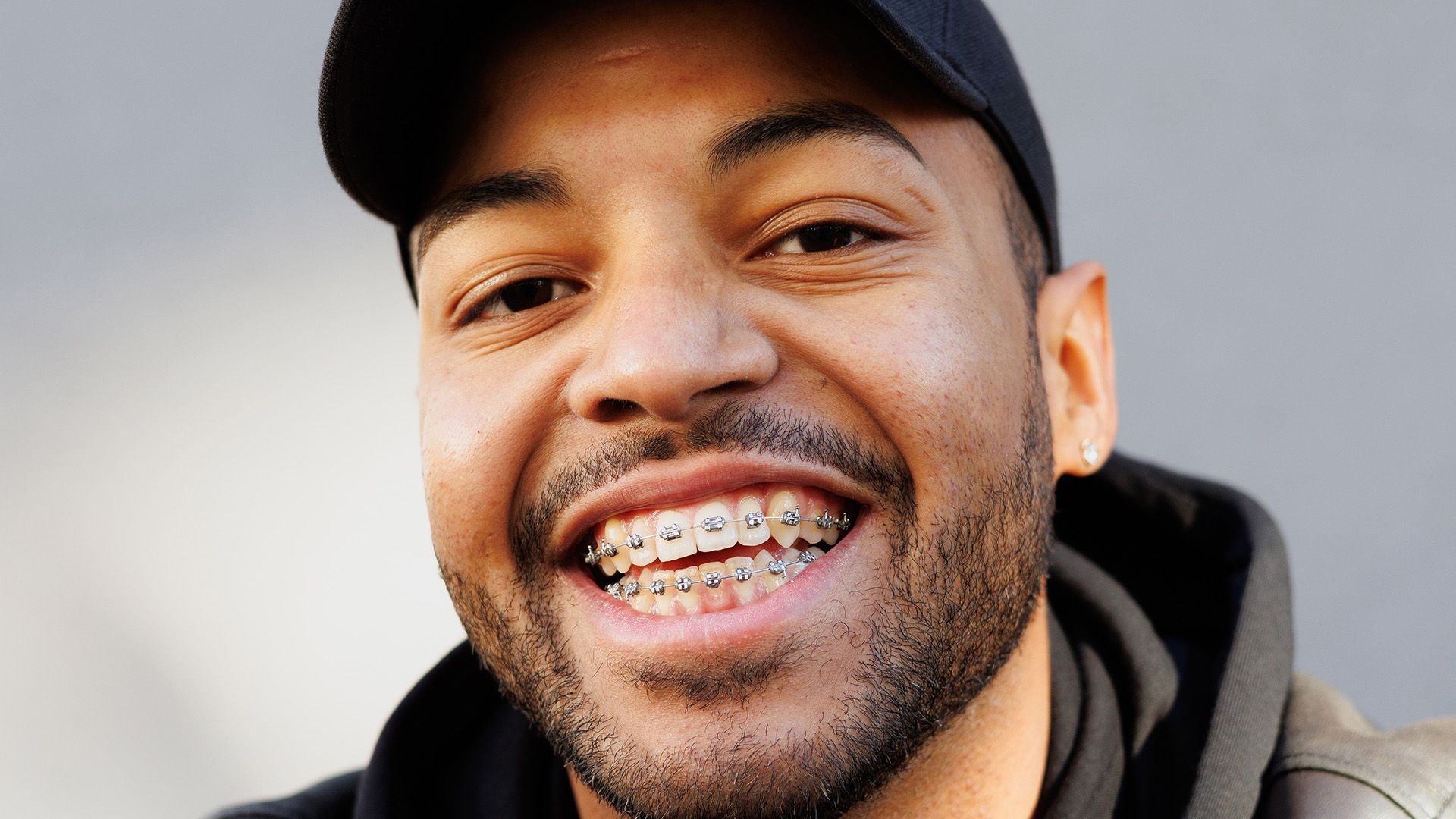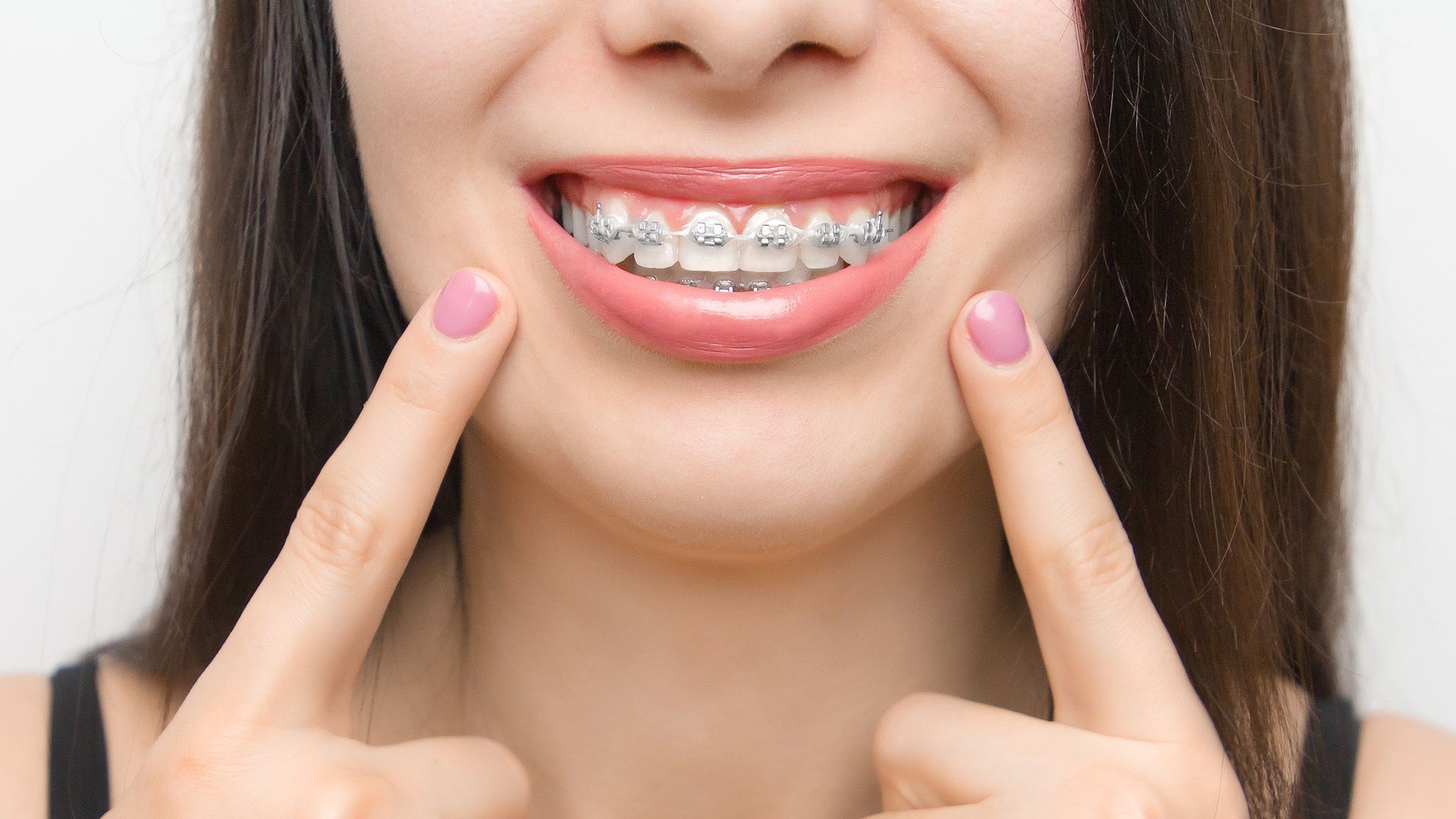When Can I Stop Wearing My Retainer at Night?
At Baptiste Orthodontics, we understand that wearing a retainer is a crucial step in your orthodontic treatment journey. Retainers help maintain the alignment of your teeth, ensuring the results achieved with braces or aligners are long-lasting. This article will provide insights on when can I stop wearing my retainer at night and answer common questions like 'when can you stop wearing retainer' and 'how long do you have to wear a retainer.'
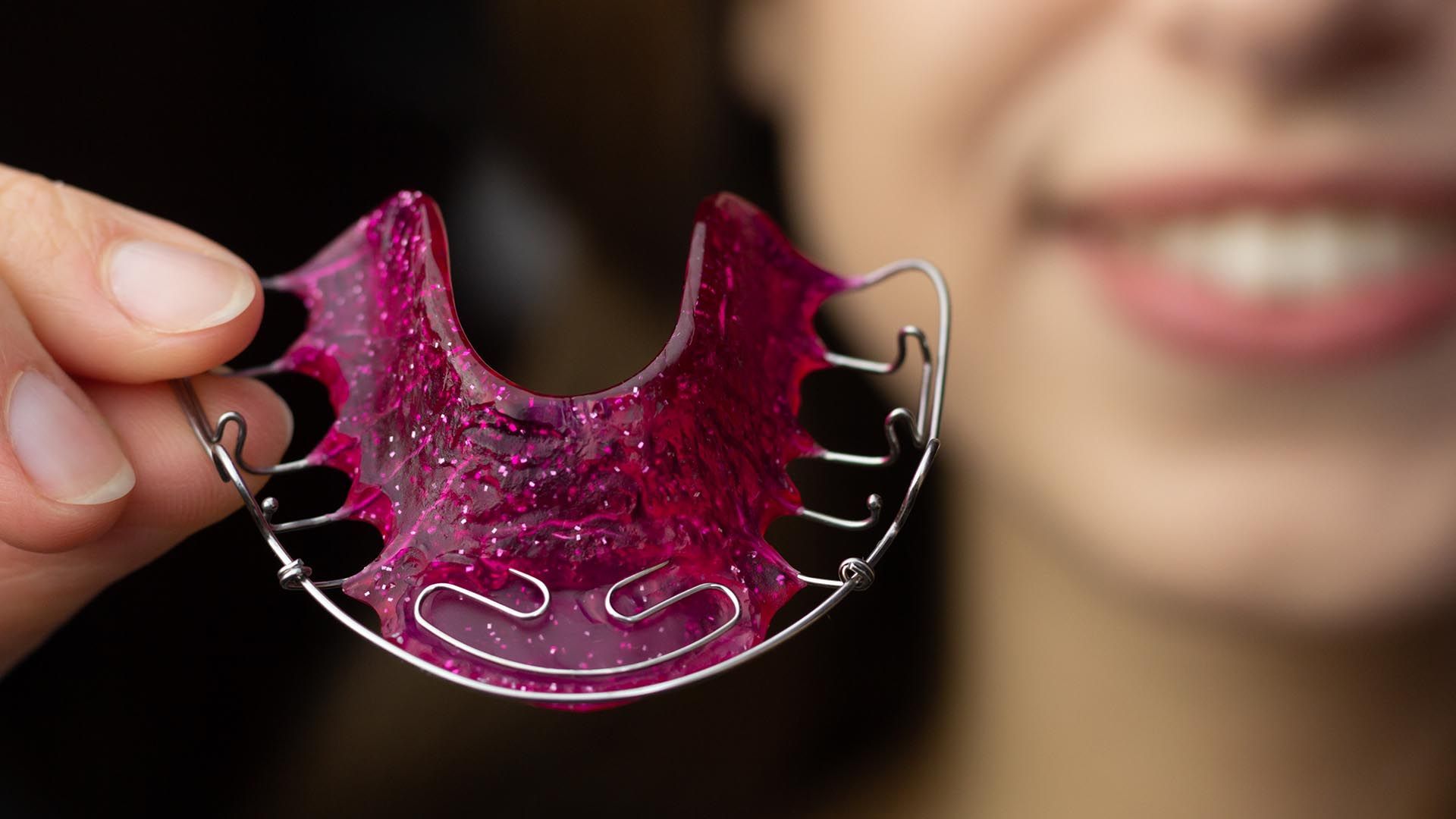
The Importance of Wearing a Retainer
Wearing a retainer is an essential part of your orthodontic treatment. It plays a vital role in maintaining the alignment and stability of your teeth after braces or Invisalign. Retainers are custom-made devices designed to keep your teeth in their new positions, preventing them from shifting back to their original placement.
The purpose of wearing a retainer is to ensure that the results achieved through orthodontic treatment are long-lasting. The soft tissues and ligaments surrounding your teeth need time to adapt to the new positions. Wearing a retainer helps these tissues and ligaments stabilize, allowing your teeth to settle into their corrected positions.
How long do you have to wear a retainer? This depends on your specific case and the recommendation of your orthodontist. Generally, it is advised to wear a retainer full-time (both day and night) for the first few months after treatment. This period allows your teeth to stabilize and adjust to their new positions. After that, your orthodontist will likely recommend wearing the retainer at night to maintain the achieved results.
Consistent retainer use offers several benefits. Firstly, it helps to prevent teeth from shifting, ensuring that your smile remains straight and attractive. Secondly, wearing a retainer can help avoid the need for further orthodontic treatment in the future. Lastly, it protects the investment you made in your smile, as orthodontic treatment requires time, effort, and financial resources.
Nighttime Retainer Use
One common question orthodontic patients have is, 'Can you wear your retainer only at night?' The answer to this question depends on several factors, including the stage of your treatment and the recommendations of your orthodontist.
In most cases, it is necessary to wear your retainer at night to maintain the results achieved during your orthodontic treatment. Wearing your retainer consistently helps prevent your teeth from shifting back to their original positions.
So, how often should you wear your retainer at night? Generally, orthodontists recommend wearing your retainer every night for at least the first few months after your braces are removed or after completing aligner treatment. After this initial period, your orthodontist may instruct you to wear your retainer a few nights a week to ensure long-term stability, but we recommend that you continue to wear your retainer each night to ensure a consistent result.
The effectiveness of nighttime retainer use is well-documented. Wearing your retainer as instructed by your orthodontist can help maintain the alignment of your teeth and preserve the results achieved through orthodontic treatment. What happens if I only wear my retainer at night? Neglecting to wear your retainer as recommended can lead to teeth shifting and potentially undo the progress made during your treatment.
At Baptiste Orthodontics, we understand the importance of wearing your retainer and the impact it can have on your smile and recommend that all patients continue to wear a retainer at night in order to ensure that your smile stays consistent no matter what. Wear your retainer at nighttime for a lifetime of straight teeth.
Our team of experienced orthodontists will provide you with specific instructions on when and how often to wear your retainer to ensure the best long-term results.
Different Types of Retainers
When it comes to maintaining the results of your orthodontic treatment, wearing a retainer is crucial. Retainers help to keep your teeth in their new positions and prevent them from shifting back. There are different types of retainers available, each with its own advantages and disadvantages. Let's take a closer look at the various retainer options:
1. Hawley Retainers: These are the most common type of retainer and consist of a plastic base that is custom-made to fit the roof of your mouth, along with a wire that holds your teeth in place. Hawley retainers are adjustable and durable, but they can be bulky and may affect speech initially.
2. Clear Retainers: Made from a clear plastic material, these retainers are less noticeable than Hawley retainers. They are custom-made to fit your teeth and are removable. Clear retainers are comfortable to wear, but they can be more expensive and may crack or become discolored over time.
3. Fixed Retainers: Unlike removable retainers, fixed retainers are bonded to the back of your teeth. They are a good option if you tend to forget or lose your retainer. Fixed retainers are invisible and provide constant retention, but they can make flossing more challenging and require extra maintenance.
Choosing the right retainer depends on your individual needs and preferences. Your orthodontist will consider factors such as the complexity of your orthodontic treatment, the condition of your teeth, and your lifestyle when recommending a retainer. It's important to follow your orthodontist's instructions on wearing your retainer to ensure the long-term success of your treatment.
Transitioning Out of Retainer Use
After months or even years of diligently wearing your retainer, you may be wondering when can you stop wearing retainers or when can I stop wearing my retainer at night. While the exact timeline can vary depending on individual circumstances, there are some signs that indicate you may be ready to transition out of retainer use.
One of the key signs that you're ready to stop wearing retainers is when your orthodontist gives you the green light. Your orthodontist will closely monitor your progress and ensure that your teeth have successfully shifted into their desired positions. They will provide guidance on when it's safe to reduce or discontinue retainer usage.
Another indication that you're ready to transition out of retainer use is the stability of your teeth. If your teeth have remained in their corrected positions for an extended period, without any noticeable shifting, it may be a sign that your retainer has done its job. However, it's crucial to consult with your orthodontist before making any changes to your retainer routine.
When the time comes to reduce retainer usage, it's advisable to do it gradually. Start by wearing your retainer only during daytime hours and gradually decrease the duration of use over several weeks. This allows your teeth to adjust to the change and ensures that any minor shifting is minimized.
Even after you've completely stopped wearing your retainer, it's important to maintain your smile. Regular dental check-ups and cleanings are essential to monitor the stability of your teeth and address any potential issues early on. Additionally, practicing good oral hygiene habits, such as brushing and flossing regularly, can help preserve the results of your orthodontic treatment.
